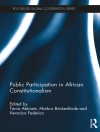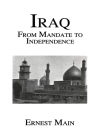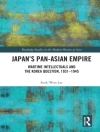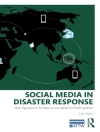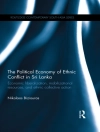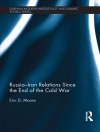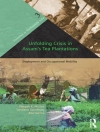This book provides a comprehensive analysis of peacekeeping in Africa.
Recent events in the Democratic Republic of Congo (DRC) and Mali remind us that violence remains endemic and continues to hamper the institutional, social and economic development of the African continent. Over the years, an increasing number of actors have become involved in the effort to bring peace to Africa. The United Nations (UN) has been joined by regional organisations, most prominently the African Union (AU) and the European Union (EU), and by sub-regional organizations like the Economic Community of West African States (ECOWAS). Meanwhile, traditional and emerging powers have regained an interest in Africa and, as a consequence, in peacekeeping.
This book provides a comprehensive analysis of the trends and challenges of international peacekeeping in Africa, with a focus on the recent expansion of actors and missions. Drawing upon contributions from a range of key thinkers in the field, Peacekeeping in Africa concentrates on the most significant and emerging actors, the various types of missions, and the main operational theatres, thus assessing the evolution of the African security architecture and how it impacts on peace operations.
This book will be of much interest to students of peacekeeping and peace operations, African politics, war and conflict studies, security studies and IR.


